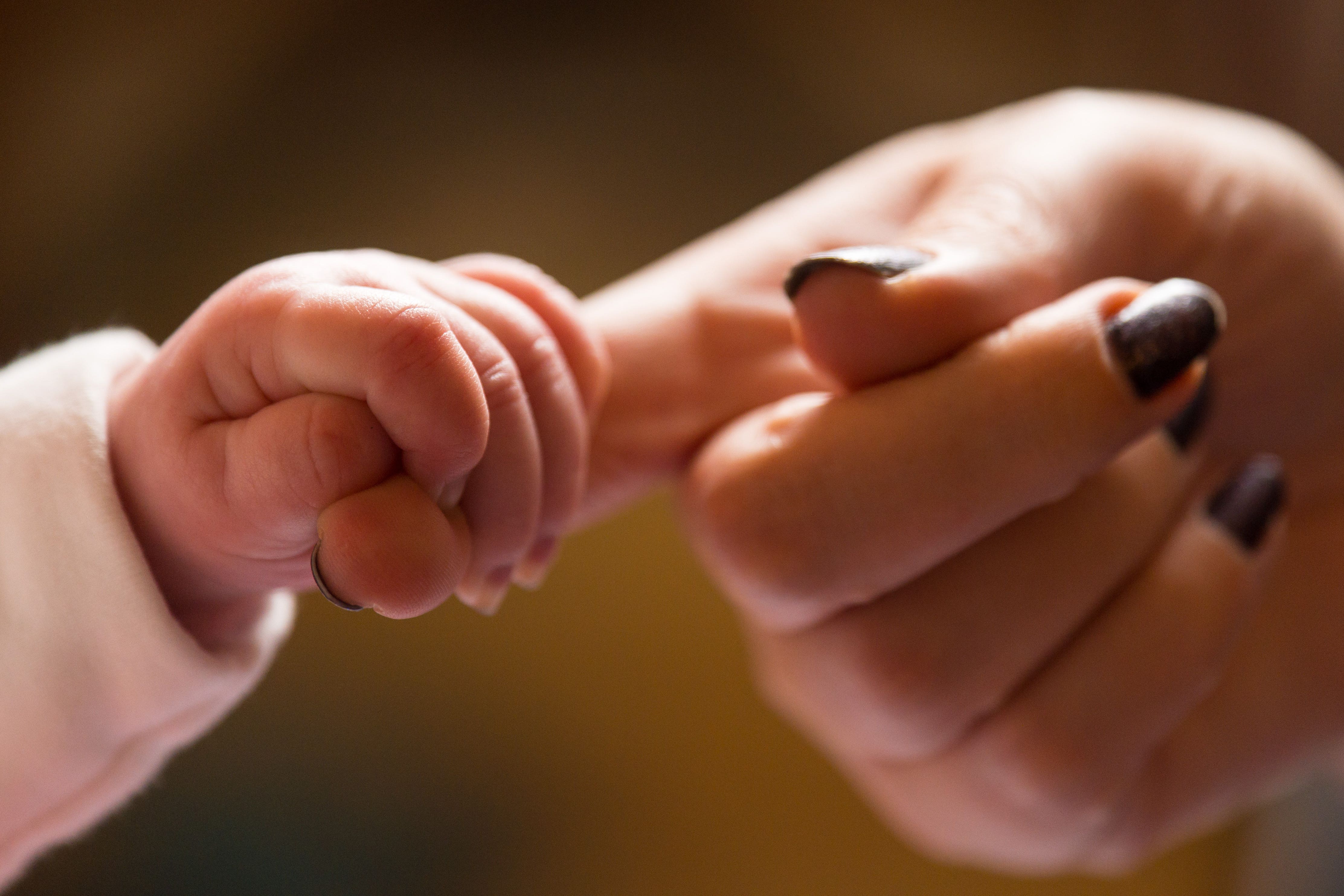Around one in five babies born via emergency Caesarean last year, figures show
Data released by NHS England showed a rise in both elective and emergency Caesarean sections.

The proportion of babies delivered via planned or emergency Caesarean sections increased last year, with experts suggesting the trend could be down to more complex births due to obesity or women waiting until they are older to get pregnant.
Data published by NHS England also showed the number of births in the country is at its lowest level in more than 20 years.
Of the 547,244 births recorded in 2022/2023, some 17.4% were delivered by elective Caesarean section – a planned procedure which is usually carried out around the 39th week of pregnancy.
This is up from 15.9% of the 578,562 births recorded in the previous 12 months.
Nationally we are seeing rising rates of obesity and people choosing to have children at a later state in their life, both of which can increase the chance of complications
The proportion of emergency Caesarean sections – when a vaginal birth may be deemed too risky by doctors – also increased from 20.1% to 21.9%, or around one in five births.
The statistics suggest a long-term upwards trend in emergency Caesarean sections in England.
Some 671,255 babies were born a decade ago in 2012/13, with 14.8%, or around one in seven, delivered via emergency Caesarean.
The proportions of both elective and emergency procedures in 2022/23 are the highest since 1980, which is as far back as current NHS England data on deliveries goes.
Dr Laura Hipple, vice president of the Royal College of Obstetricians and Gynaecologists, said: “Over recent years there has been a gradual increase in the number of Caesareans.
“A major factor is the growing number of complex births. Nationally we are seeing rising rates of obesity and people choosing to have children at a later state in their life, both of which can increase the chance of complications.
“An emergency or unplanned Caesarean birth may happen when there are serious concerns about the wellbeing of the woman and/or the baby, or when the labour is not progressing as expected.
“In these circumstances, a Caesarean birth can be a life-saving procedure.”
According to the Office for National Statistics (ONS), in 2021 the average age of mothers who gave birth in England and Wales was 30.9 years.
Statistics released by the Office for Health Improvement & Disparities in May showed 25.9% of people over the age of 18 in England in 2021 to 2022 were obese and the prevalence was similar among women (26.1%) and men (25.8%).
The number of births last year is down from the 578,562 recorded in the previous 12 months.
Given sky-high childcare costs, a housing crisis, and ever increasing food and fuel bills - not to mention a stubborn gender pay gap that's exacerbated by motherhood - it's not really surprising that the birth rate is falling
It is the lowest level since 541,700 births were recorded in 2001/2002.
Justine Roberts, the chief executive and founder of parents’ website Mumsnet, said: “Whether or not to have children is a deeply personal decision, but it’s one that’s often influenced by financial factors.
“As the cost-of-living crisis continues, we hear from increasing numbers of Mumsnet users who worry that they simply can’t afford to have kids.
“Given sky-high childcare costs, a housing crisis, and ever increasing food and fuel bills – not to mention a stubborn gender pay gap that’s exacerbated by motherhood – it’s not really surprising that the birth rate is falling”.
Bookmark popover
Removed from bookmarks